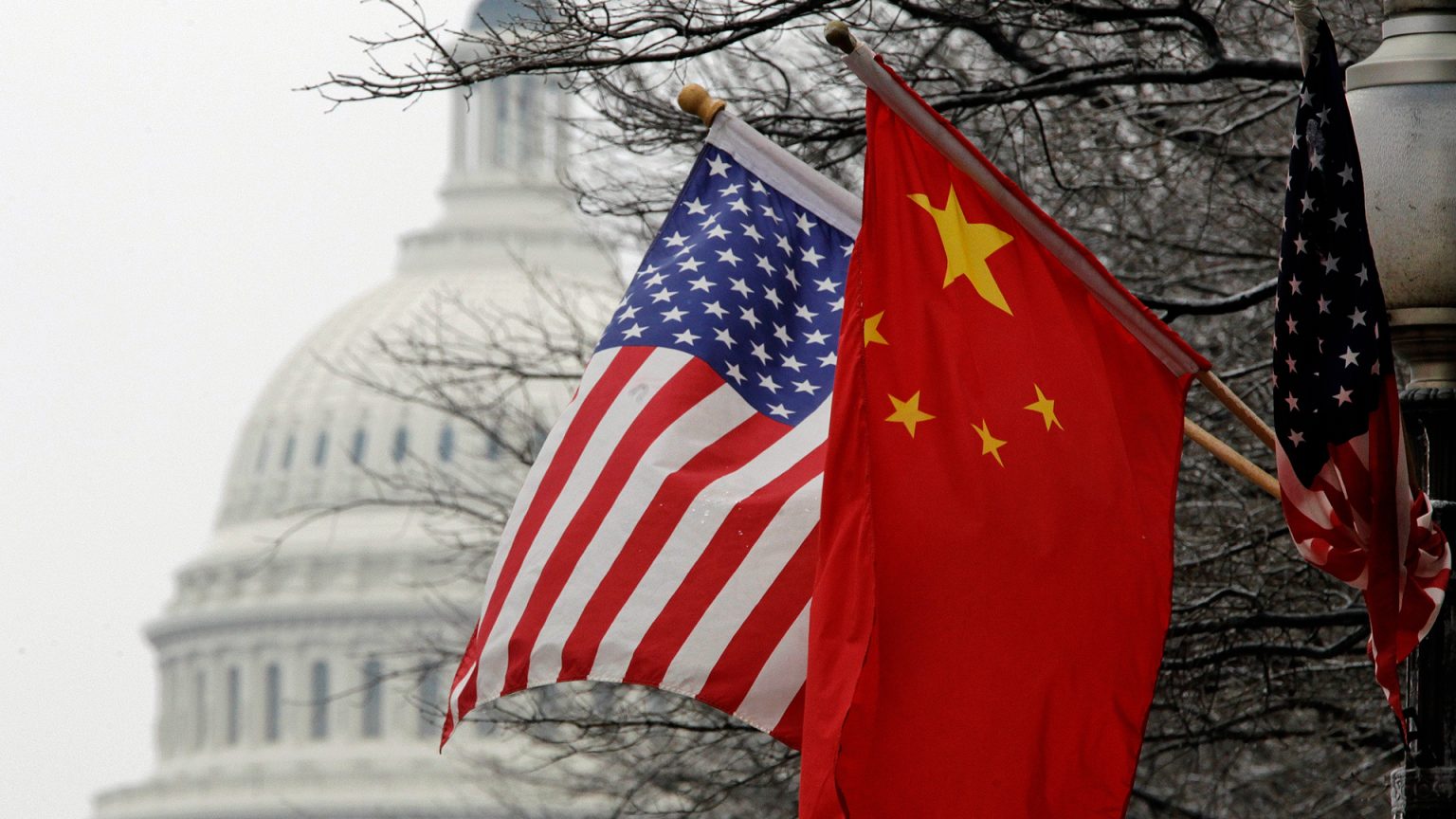The United States has recently imposed tariffs on Chinese goods, leading to Beijing launching an anti-dumping inquiry in response. Chinese imports have been beneficial in lowering the cost of products in the US, such as video games, T-shirts, and home appliances. However, many American factories argue that these imports have led to the closure of their businesses and the loss of over a million jobs. President Joe Biden has stated that he will not allow China to unfairly control the market and in the lead-up to the elections, he has increased tariffs on a variety of Chinese imports to protect American industries and workers.
In response to the increased tariffs imposed by the US, Beijing has initiated an anti-dumping investigation. This move indicates the escalating tensions between the two economic giants as they grapple with trade issues. Meanwhile, Cuba’s sugar industry is facing a crisis, adding to the challenges in the global economy. The world is also experiencing shortages of critical minerals, which further complicates the economic landscape. These developments highlight the interconnectedness of the global economy and the impact of trade disputes on various industries and economies.
The US government’s decision to raise tariffs on Chinese imports reflects a desire to protect domestic industries and workers from what is perceived as unfair competition. The tariffs target a range of goods, including electric vehicles and solar cells, in an effort to level the playing field and reduce reliance on foreign products. President Biden’s stance on China highlights the importance of maintaining control over the market and safeguarding American interests. However, these actions have sparked retaliatory measures from Beijing, leading to a tit-for-tat escalation in trade tensions.
The anti-dumping investigation launched by China in response to the US tariffs adds another layer of complexity to the ongoing trade dispute. The investigation aims to address allegations of dumping, where foreign goods are sold below market value, harming domestic industries. This probe underscores China’s commitment to defending its economic interests and challenging perceived unfair trade practices. As both countries continue to engage in trade negotiations and retaliatory measures, the global economy is affected by the uncertainty and volatility created by these actions.
The crisis facing Cuba’s sugar industry further illustrates the challenges in the global economy, as countries grapple with a range of economic issues. The sugar industry in Cuba has been a key sector for the country’s economy, and its decline adds to the economic pressures facing the nation. Additionally, the shortages of critical minerals highlight the importance of secure and stable supply chains in maintaining global economic stability. These developments serve as a reminder of the interconnected nature of the global economy and the need for cooperation and resilience in addressing economic challenges.
In conclusion, the tariffs imposed by the US on Chinese goods, along with Beijing’s anti-dumping inquiry, reflect the ongoing trade tensions between the two countries. These actions have implications for various industries and economies, highlighting the interconnectedness of the global economy. The crisis in Cuba’s sugar industry and the shortages of critical minerals further underscore the complexities and challenges facing the world economy. As countries navigate trade disputes and economic uncertainties, cooperation and strategic decision-making are essential to address these issues and promote sustainable economic growth.


